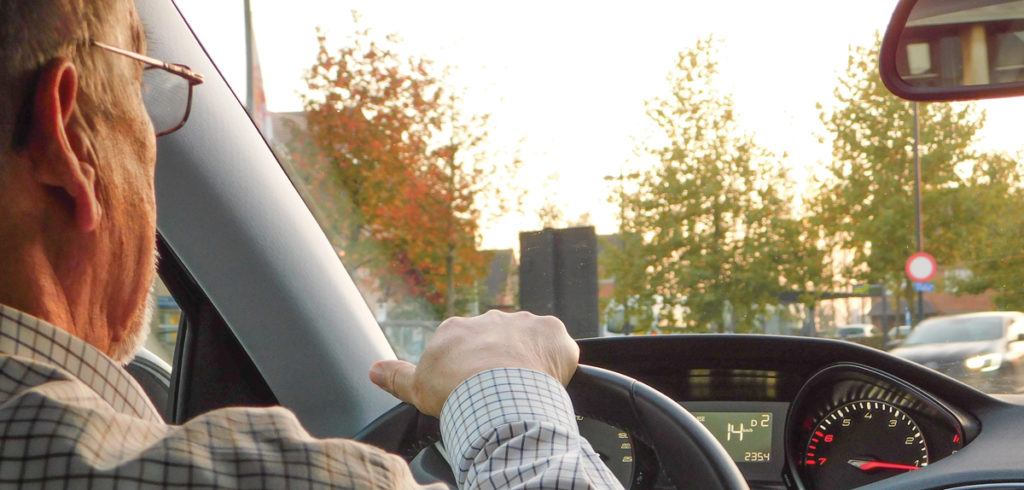Advances in automated driving, electric vehicles and ridesharing could allow older people to maintain social connections for longer, a UK think-tank reports.
The report by the International Longevity Centre (ILC) UK supported by LV= General Insurance says developments in automated driving and electric vehicles, and the rise of digital mobility such as rideshares, could reduce the risks of driving for older people.
It says that giving up driving can significantly limit people’s mobility and increase depression and loneliness but supporting longer driving lifespans helps them maintain social connections for longer.
David Sinclair, director of ILC, said people are continuing to drive later in life, and new technology can keep enable longer lifespans, but it needs to be open to all.
Sinclair warned: “We need to make sure that these services are open and accessible to all, and that a growth in automation and digital services doesn’t exacerbate the mobility gap between the rich and the poor, those in good and poor health, those living in urban and rural areas, the digitally literate and the digitally excluded.”
Steve Treloar, CEO of LV= General Insurance, said, “At what is an incredibly important turning point in the history of driving, it’s essential that businesses across a variety of sectors, including insurers and motoring manufacturers, work with government to make sure we take steps now to ensure the way we drive in the future works for all generations.”
The full length report, called A Fork in the Road, can be read here.


